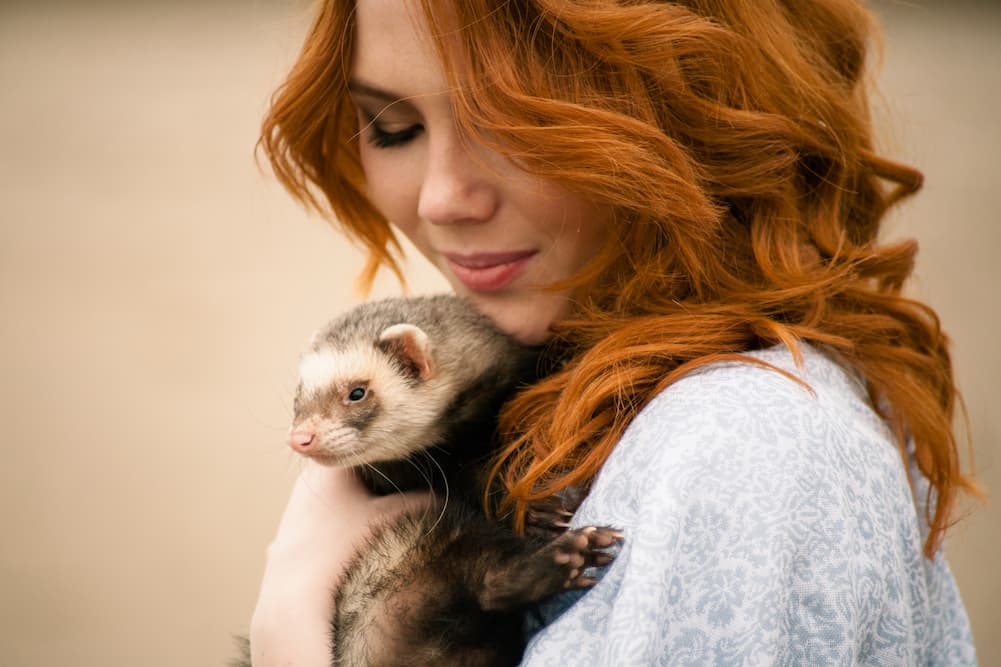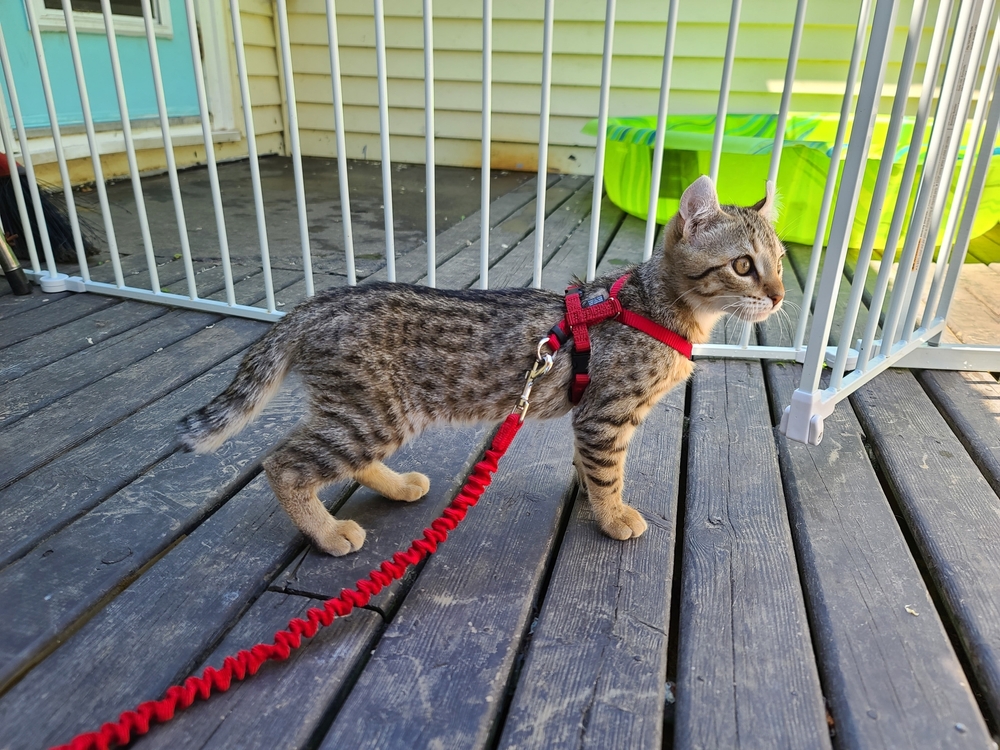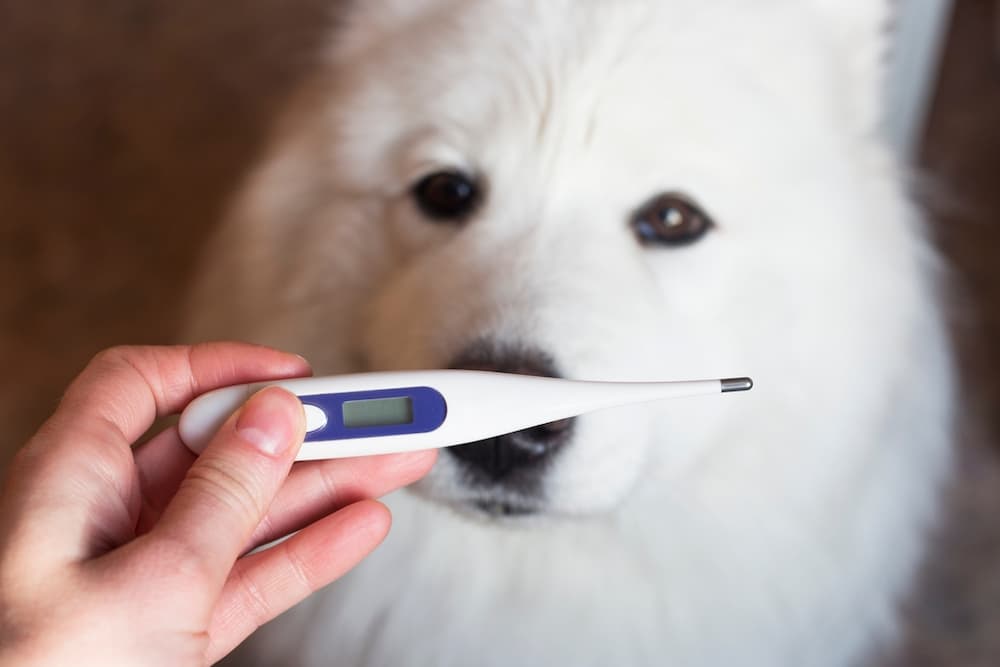10 Things You Should Know Before Getting a Ferret
Updated on December 11, 2023

Ferrets are playful, mischievous, entertaining little animals who can bring endless enjoyment to a family. Before getting a ferret, there are things that you should know. They are cuddly, interactive, spunky pets that can be great for owners who have time to take them out of their cages every day and play with them. Though ferret owners tend to adore their pets, and many can’t stop at having just one, ferrets aren’t right for everyone. Before you bring one of these little balls of energy into your home, there are a few things you should know.
All featured products are chosen at the discretion of the Vetstreet editorial team and do not reflect a direct endorsement by the author. However, Vetstreet may make a small affiliate commission if you click through and make a purchase.
1. Ferrets Get Into Everything
They burrow, dig and chew on everything — especially when they’re young — and they often steal and hide items in stockpiles in closets, under beds or in any secret place they can find. If something isn’t nailed down — particularly if it’s made of rubber or foam — it will likely end up in your ferret’s mouth. Foreign objects that are swallowed can lodge in their gastrointestinal (GI) tracts, potentially leading to obstructions.
Electrical cords are also a potential hazard. If you are thinking of getting a ferret, plan to supervise him whenever he is out of his cage; make sure you ferret-proof an area in your home where he can safely run around; and put away all shoes, socks and other interesting items he might find loose on the floor.
Pro Tip: Consider installing an affordable indoor home surveillance camera to ensure your ferret’s safety while you aren’t home. The Instachew Purrsight HD Pet Camera offers motion detection, pairs easily with an app, and offers clear visibility even when the lights are off.

2. Ferrets Need Lots of Exercise
While ferrets certainly love to take naps, in between their snoozes, they’re generally running, tumbling and skidding across the floor. Young ferrets love to chase toys, nibble on toes and generally get underfoot. If they aren’t allowed out of their cages, they tend to overeat and become obese. If you’re going to have a ferret, plan for lots of playtime.
In addition to physical exercise, ferrets need mental stimulation, too. Some toys to consider to keep your ferret’s mind active include the Full Cheeks Wooden Octagon Chew, the Oxbow Enriched Life Small Pet Honeycomb Hide & Play, and the All Living Things Tiny Tales Cupcake Small Pet Loofah & Paper Chews.
3. Ferrets Need Friends
Generally, ferrets are social creatures who usually seek out the company of their human family or other ferrets. (Playing is just so much more fun when you’re with your buddies.) For this reason, many ferret owners end up getting more than one. Of course, like other types of pets, not all ferrets like all other ferrets.
If you decide to get more than one ferret, you’ll need to watch them closely together over several days for progressively longer periods before leaving them alone. Also ensure that each ferret has equal access to food, toys, and hiding and sleeping places, so that they don’t fight over resources.
One of our favorite ferret tunnels is the Oxbow Timothy Club Small Animal Tunnel. This hand-woven accessory is 100 percent edible and encourages a ferret’s natural foraging behavior. It contains no wires, thread, or chemicals, so your ferrets can chew their heart’s content.

4. Ferrets Are Illegal in Some Places
Before you adopt or purchase a ferret, check on local laws. If you live in California, Hawaii or New York City, for instance, you’ll find that these fuzzy fellows are banned. Many veterinarians in these areas will still treat sick ferrets, but finding a ferret-savvy vet in these locations can sometimes be difficult. Therefore, if you live in one of these areas, you need to consider another type of pet.
5. Ferrets Should Be Vaccinated
In many of the states in which ferrets are legal, the law requires that they be vaccinated for rabies. Also, since ferrets are very susceptible to the deadly canine distemper virus that commonly affects dogs, they should receive vaccinations against this virus as well. Just like puppies, baby ferrets should get a series of three distemper vaccines three weeks apart starting at 2 months old; they should get their first rabies shot at approximately 4 months old.
After that, they should get annual booster vaccines against both rabies and distemper viruses for life, even if they are indoor pets. Even though your ferret lives indoors, you can track the canine distemper virus in from outside on your shoes and clothes. Your indoor pet can also come in contact with wildlife, like bats, which can carry the rabies virus.
6. Ferrets Are Prone to Serious Diseases
Ferrets sold in stores in the United States generally come from one of two very large breeding facilities. As a result, they are extremely inbred. While inbreeding can help select for desirable traits like great temperaments and attractive coat colors, it can also increase the chances for developing certain diseases. The majority of inbred ferrets in the United States ultimately develop diseases such as adrenal gland tumors and a type of pancreatic tumor called an insulinoma. These illnesses can occur in ferrets as young as 1 year old.
Older ferrets can also develop heart disease. Ferrets from private breeders develop these conditions, but they are generally not as common as in those from the larger facilities, since the ferrets aren’t typically as inbred. When selecting a ferret, keep in mind there are several reputable ferret rescue facilities throughout the country, as well as private breeders where ferrets are less inbred and may ultimately have fewer medical problems than ferrets sold in pet stores.
Regardless, if you’re planning on getting a ferret, you should be mentally and financially prepared to deal with treatment for cancer as well as heart disease at some point.
7. Ferrets Smell Musky, Even When They’re Descented
Ferrets are born with scent glands near the bases of their tails. The glands are typically surgically removed by the breeder’s veterinarian when the animals are very young, before they are sold, or they would probably never sell because they smell so musky. Most people don’t mind the lingering scent, but for some people with sensitive noses, a musky pet might be a problem.

8. Ferrets Are Carnivores
Wild ferrets typically hunt for and eat rodents and rabbits. Ferrets are exclusively meat eaters and are unable to digest plant material. Breeders or store clerks who are ignorant of this fact inappropriately recommend feeding ferrets fruits and vegetables. Instead, ferrets should be fed high-protein food that is moderate in fat and low in carbohydrates. Several commercially prepared kibble diets are made specifically for ferrets and readily eaten by them.
Since ferrets have a short digestive tract, consider a specialized diet such as the Wild Harvest Advanced Nutrition Diet for Ferrets. It contains all the nutrients, vitamins and minerals your ferrets need to grow and thrive.
Ferret owners have been known to feed their pets cat food. In general, however, the well-known commercially available ferret diets are preferable to cat food because they meet the needs of ferrets more closely. Certain ferret breeders promote feeding raw meat diets. However, due to the concern over potential infection from salmonella bacteria often found in raw meat, many veterinarians do not recommend feeding raw food.
Though wild ferrets’ GI tracts may have adapted to tolerate the presence of this bacteria in their food, most pet ferrets’ GI tracts have not. Infection with salmonella can lead to diarrhea, vomiting and even death, so it’s generally better to avoid feeding uncooked meat. Salmonella can also sicken other household pets and family members.
9. Ferrets Get Hairballs, Just Like Cats
Ferrets typically shed a lot of hair and can ingest this hair as they groom themselves. If they ingest a great deal of hair, it can wad up in balls in their GI tracts, leading to potentially life-threatening obstructions. Ferrets with adrenal gland tumors commonly lose lots of hair as a result of hormones secreted by their tumors, which often predisposes them to hairball development. To help prevent hairballs from forming, ferrets should be brushed several times a week and, if shedding is excessive, given hairball laxatives manufactured for either ferrets or cats by mouth once or twice a week.
Pro Tip: Keep a ferret grooming brush on hand so your ferrets get used to being brushed with a tool made special for their skin and coat. The Marshall Ferret Grooming Brush has an easy-to-grip handle with extra soft bristles.

10. Ferrets Need Annual Checkups
Just like cats and dogs, ferrets should be checked by a veterinarian every year. Since ferrets commonly develop certain diseases, diagnosing these conditions early and implementing treatment sooner can help ferrets live longer and happier lives. All ferrets should be vaccinated annually, and ferrets older than 3 years should have blood tests conducted annually, too, to ensure their blood sugar levels and kidney and liver functions are normal. After 5 years of age, ferrets ideally should be checked every 6 months, as they tend to develop several of the diseases they are prone to by this age.
A ferret can make a terrific pet if you want a spirited, playful, energetic companion. Ferrets do require a lot of attention and some space in which to run around. They also generally need more care — including medical care — as they age. Given that they can live as long as 9 to 10 years (on average 6 to 8 years), they are a long-term commitment. As long as you’re prepared to stand by your fluffy friend for that long, a ferret may be just right for you.
Pet Health Insurance Can Help
Unexpected veterinary bills can make caring for your pet challenging. Don’t let financial stress get in the way of making the best decisions for your pet. Pet health insurance can cover surprise costs such as veterinary visits, prescription medications, and life-saving procedures.
Review personalized options for your pet below:
More From Vetstreet:






